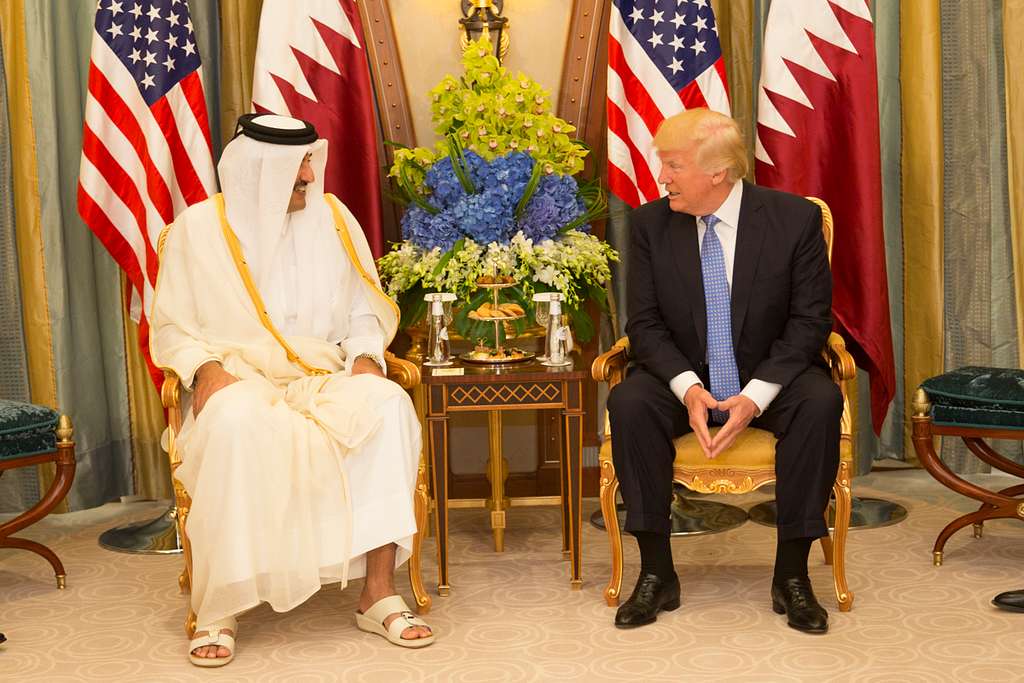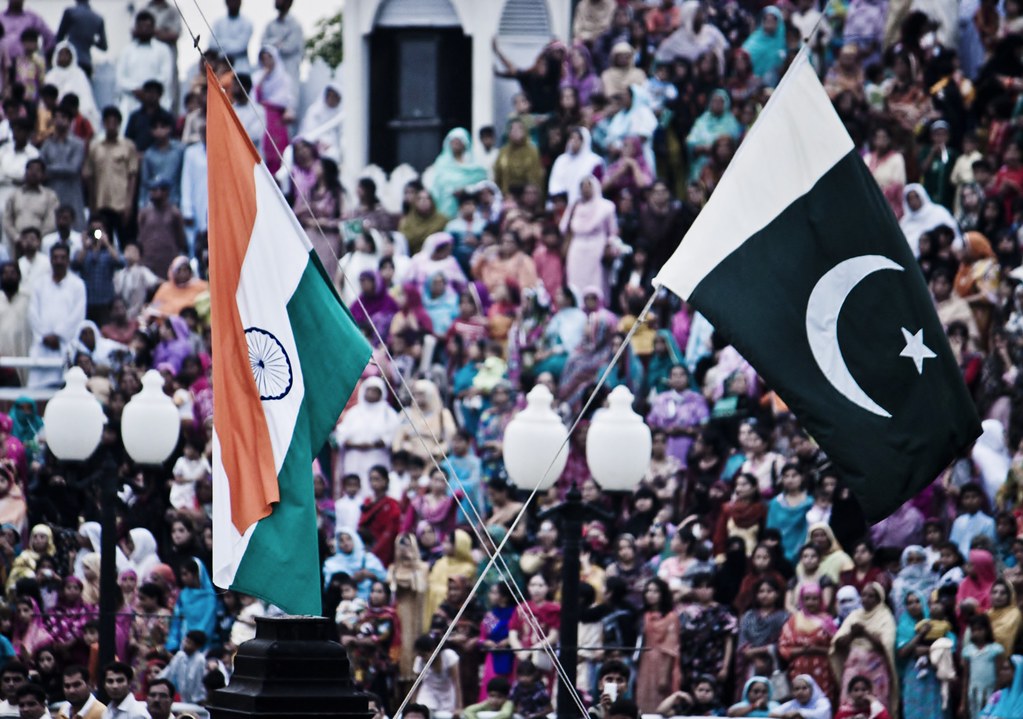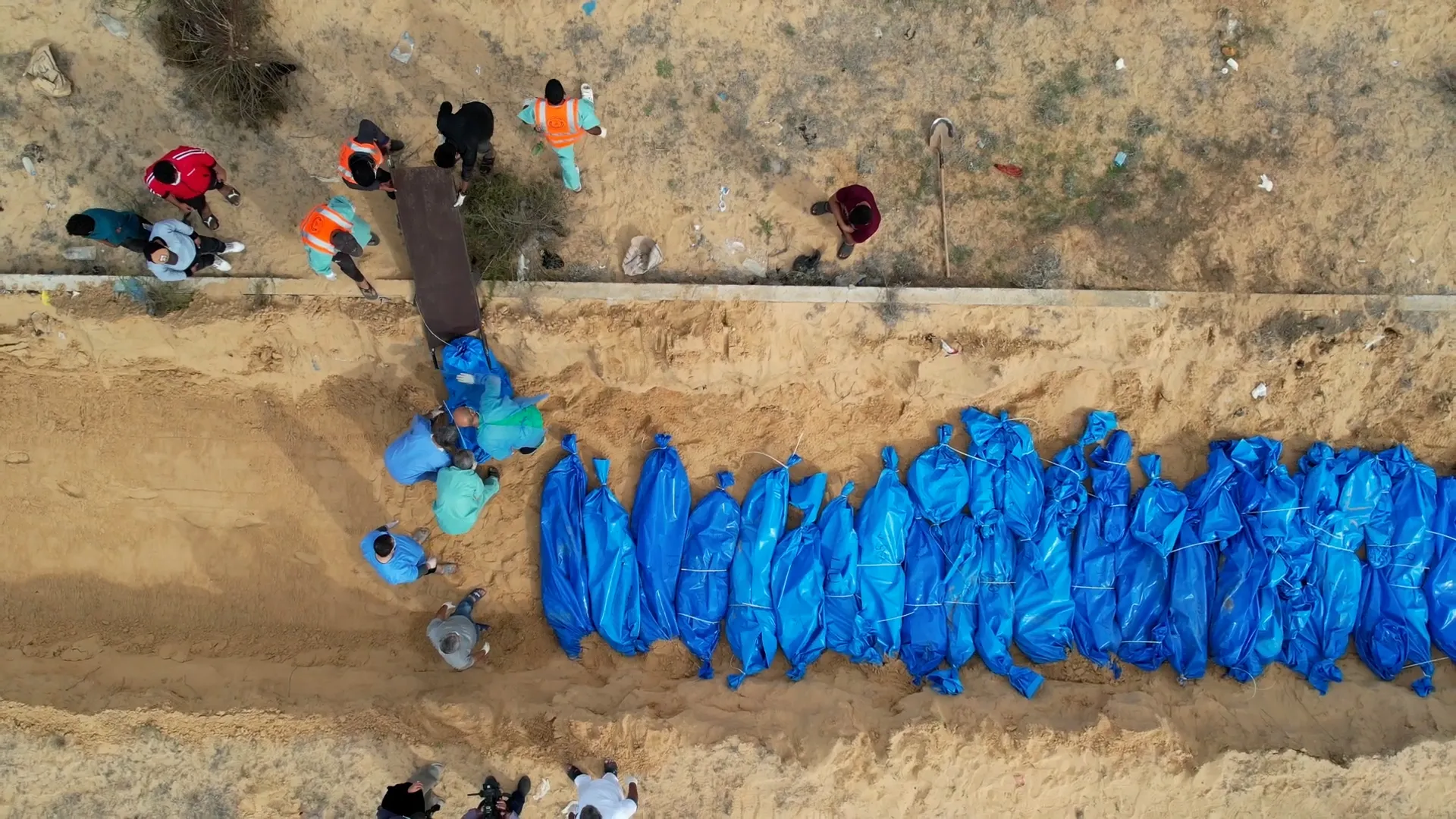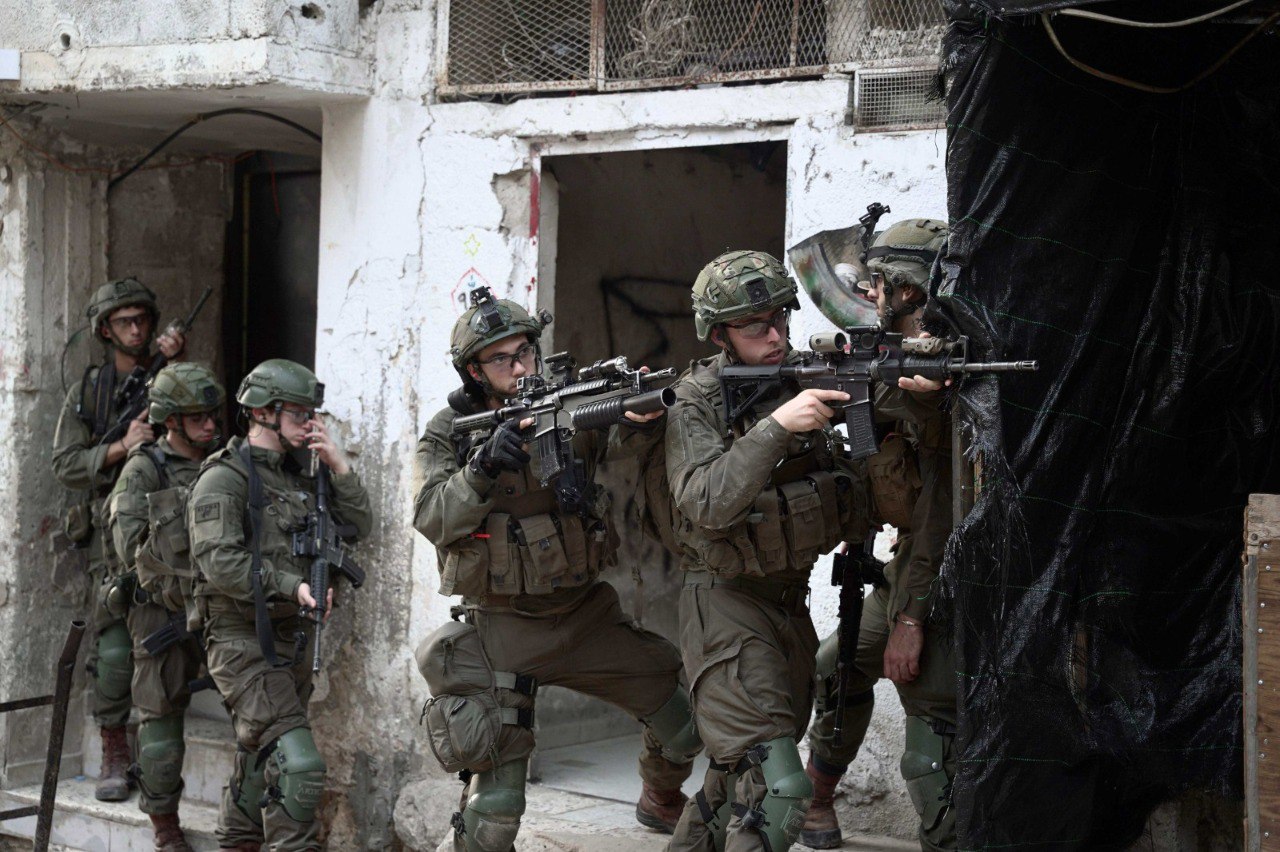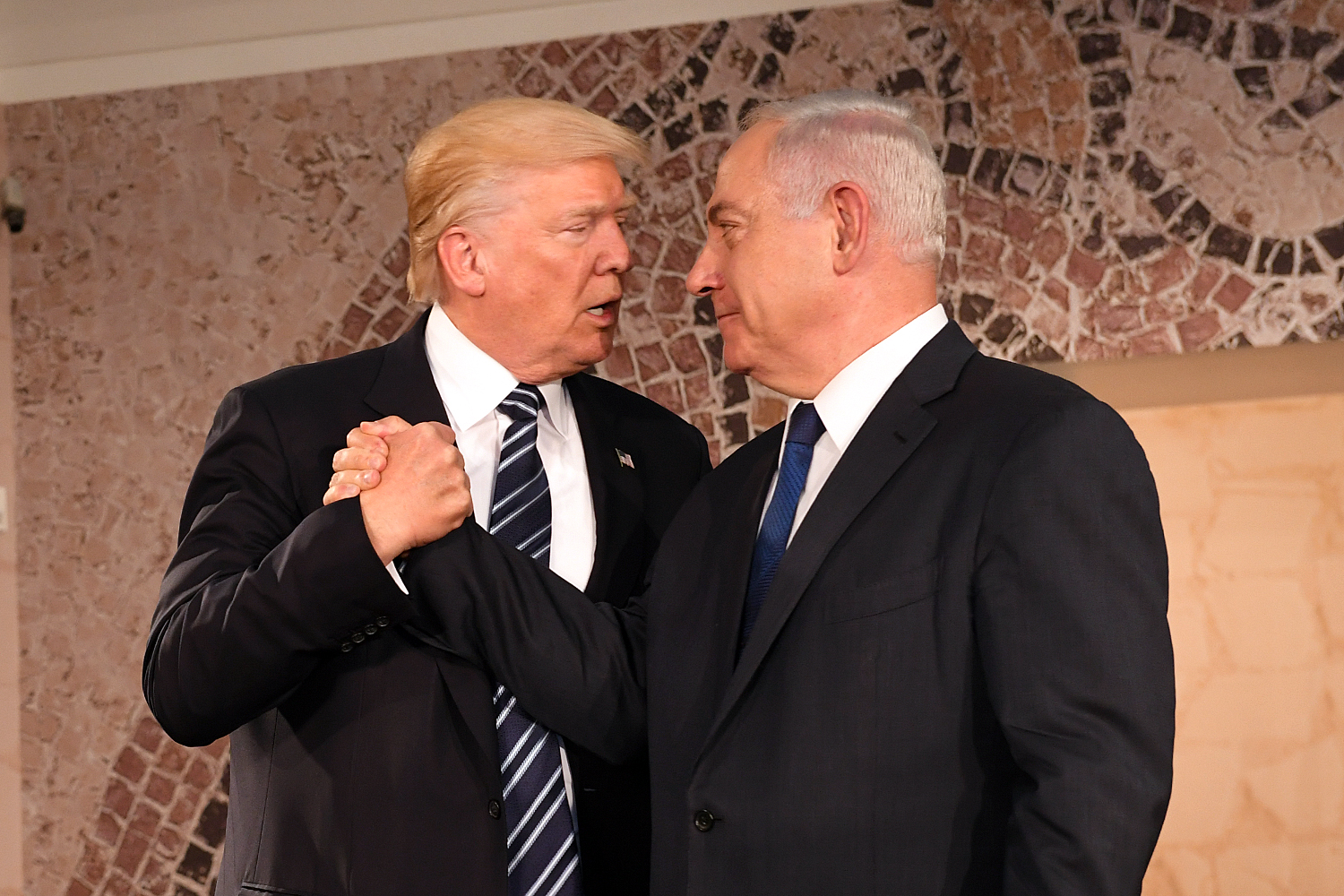Anti-government protests continued across Turkey this week despite an aggressive media blackout and sweeping arrests aimed at silencing dissent. The demonstrations, which began on March 19 after the arrest of Istanbul Mayor Ekrem İmamoğlu, have grown into the largest wave of public unrest in the country in over a decade.
İmamoğlu, a key opposition leader and vocal critic of President Recep Tayyip Erdoğan, was detained on charges widely condemned as politically motivated. His arrest triggered immediate mass mobilizations in Istanbul, later spreading to major cities including Ankara, Izmir, Bursa, and Diyarbakır. Protesters are demanding İmamoğlu’s release and calling for early elections.
The Erdoğan administration has responded with a crackdown on both protesters and press freedom. Over 2,000 demonstrators have been detained, many of them students and union organizers. Human rights observers say hundreds remain in custody without formal charges.
Media coverage of the protests has been nearly erased. Turkey’s Radio and Television Supreme Council (RTÜK) issued a ban on live coverage, threatening outlets with license suspensions. Independent journalists Timur Soykan and Murat Ağırel were detained, while foreign reporters—including BBC’s Mark Lowen—have been deported or blocked from entry. Social media platforms including X, Instagram, and Facebook have been intermittently throttled or blocked altogether.
Despite these repressive tactics, protests persist. The opposition Republican People’s Party (CHP) has committed to weekly nationwide rallies. Civil society groups, student unions, and diaspora communities abroad are organizing solidarity actions.
President Erdoğan has accused the opposition of “disrupting public order” and described the demonstrations as part of a “foreign-backed conspiracy.” His government has shown no indication it will release İmamoğlu or heed calls for new elections.
As the standoff escalates, observers warn the government’s actions threaten what remains of democratic rule in Turkey. With press freedom suspended and mass arrests continuing, the protests have become both a cry for justice and a referendum on Erdoğan’s rule.
Author
Discover more from The Crustian Daily
Subscribe to get the latest posts sent to your email.


